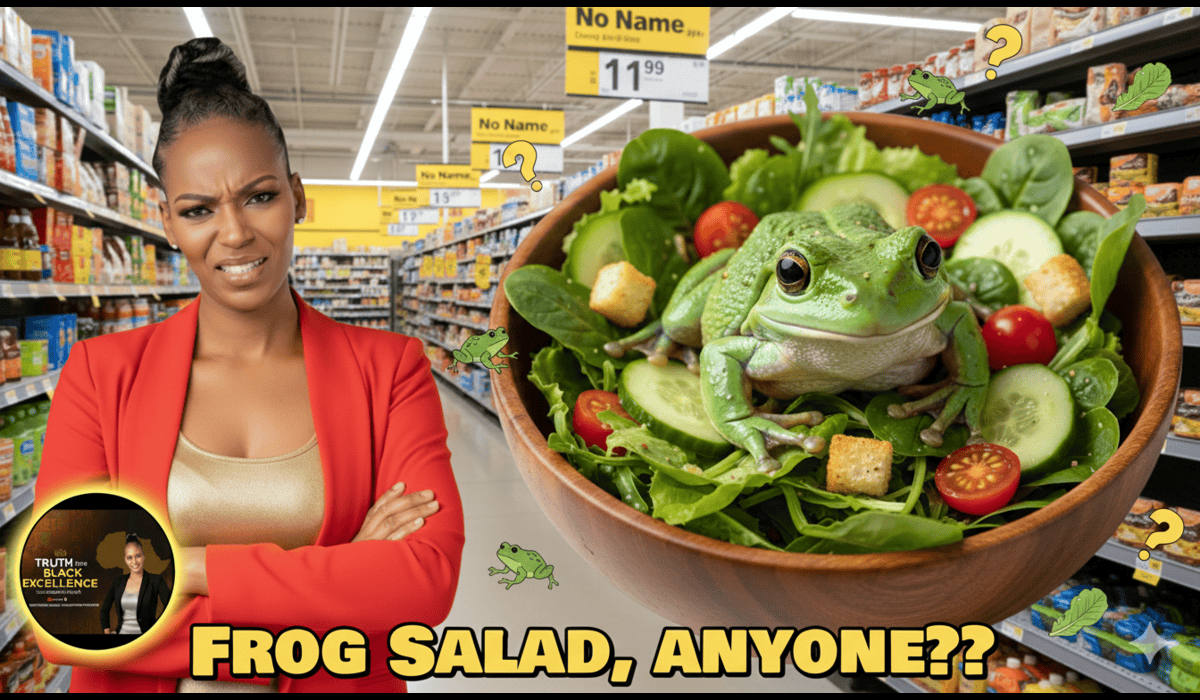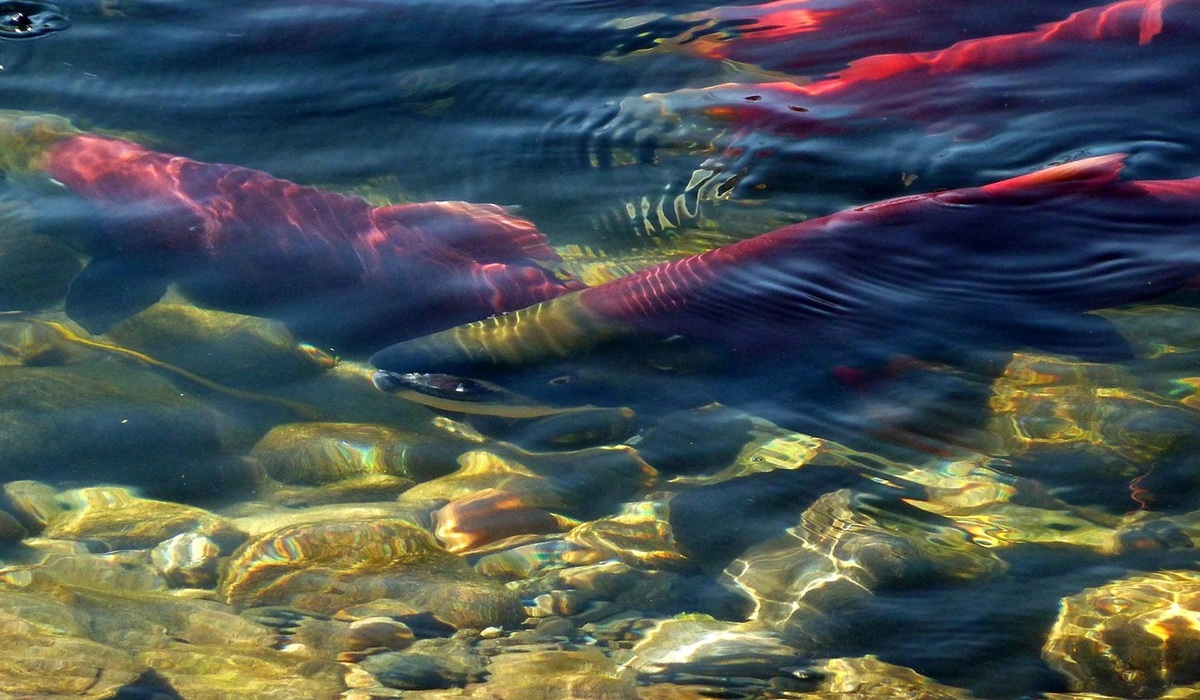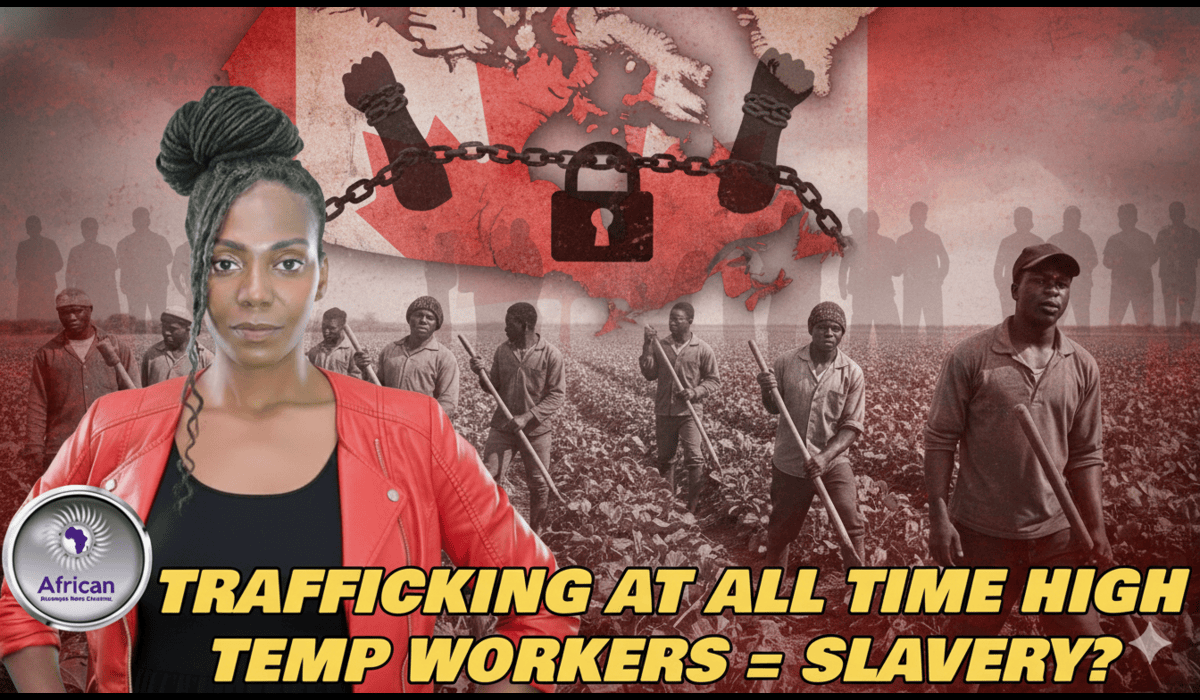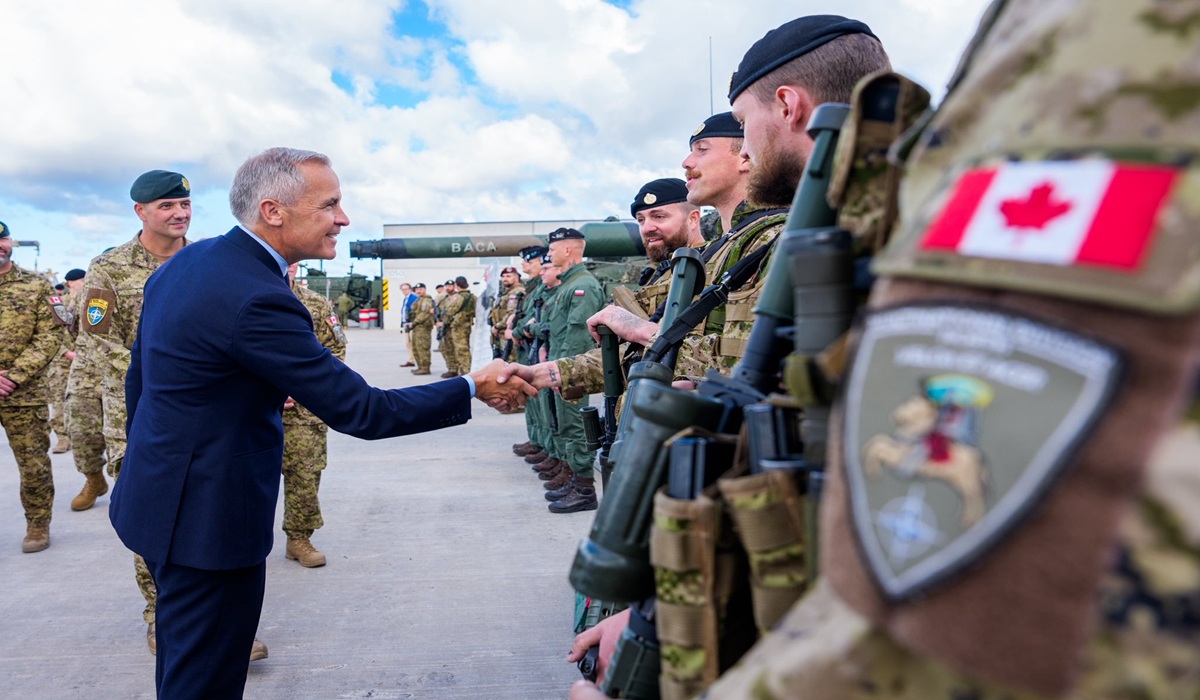Carney Meets Trump for First Time as Prime Minister—Canadians React with Mixed Emotions
- Naomi Dela Cruz
- Canada
- May 7, 2025
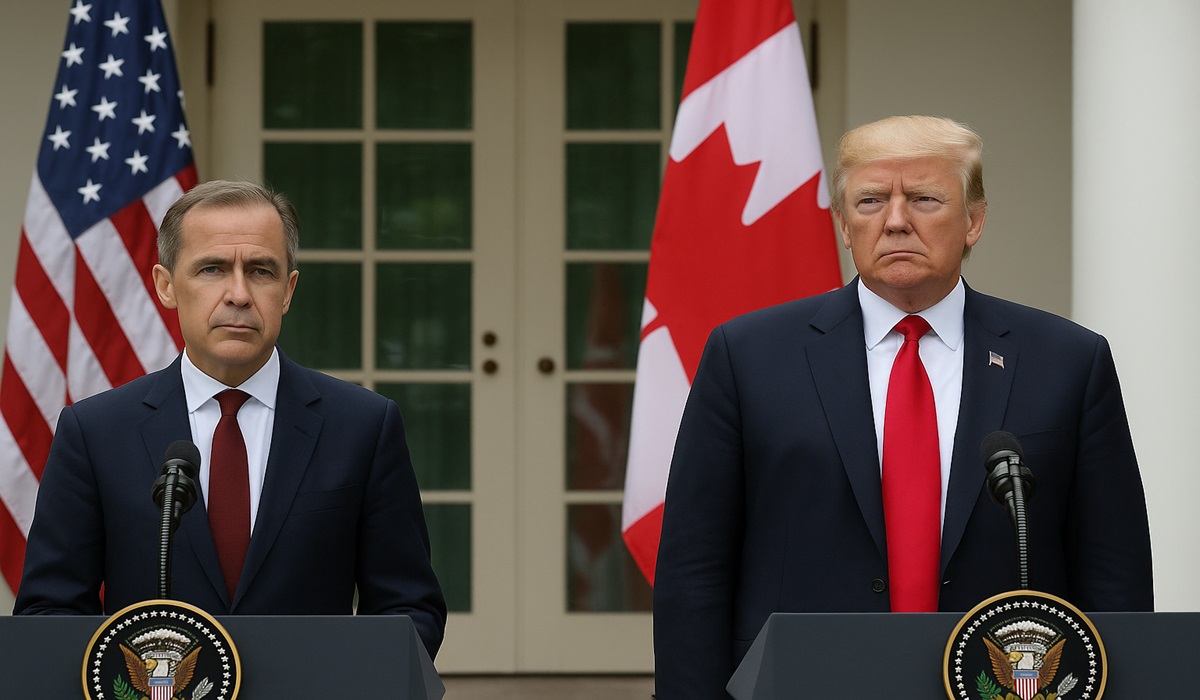
In their first official meeting since Mark Carney became Prime Minister of Canada, the tone was brisk, businesslike, and in some corners of the Canadian public, a little underwhelming. U.S. President Donald Trump made it clear he had no intentions of lifting tariffs on Canadian goods, particularly aluminum, lumber, and autos—an early indication that the so-called friendship between the two nations would continue to be tested under this new leadership dynamic.
The meeting, held in Washington, was billed by both sides as an opportunity to “reset” bilateral ties. But for many watching back home, there was nothing resembling a reset. Trump did what Trump always does—project dominance, speak in superlatives, and make no concessions. And Carney? Some say he held his ground. Others argue he barely made a dent.
Trump publicly reiterated that Canada benefits “tremendously” from the U.S. and warned that unfair trade practices would no longer be tolerated. “Canada has been taking advantage of the U.S. for decades,” he said bluntly during a joint press conference. “Those days are over.” When asked directly whether tariffs on key Canadian sectors would be removed, Trump’s answer was simple: “No.”
Carney’s response was measured. He avoided direct confrontation and instead emphasized the “importance of dialogue” and “shared democratic values.” He spoke of climate cooperation and regional stability. But for many Canadians—especially those in the manufacturing and resource sectors—the lack of concrete gains was glaring.
In places like Ontario and British Columbia, where U.S. tariffs have already cost jobs and driven up prices, patience is wearing thin. “We needed him to push harder,” said Maria Penner, an auto parts supplier in Windsor. “We need someone to fight for us, not just talk about principles.”
Others were more forgiving, noting that diplomacy with Trump requires tact over theatrics. “It’s a long game,” said University of Toronto international relations professor Alain Moreau. “Carney’s not here to brawl. He’s here to manage a highly unpredictable partner without torching the relationship.”
Still, the symbolic gestures didn’t go unnoticed. Carney avoided lavish praise and didn’t pander—a notable contrast to some other world leaders who’ve cozied up to Trump for political expediency. And he did draw a line when Trump offhandedly mused about annexing Canada as the 51st state. “Canada is not for sale,” Carney said, brushing off the remark with a diplomat’s smile but unmistakable firmness.
Whether Canadians view the meeting as a success or a missed opportunity depends largely on their expectations. For those hoping for a bold repudiation of Trump’s policies, the outcome was tepid. For those wanting stability and calm, Carney delivered. But the fact remains—on the most immediate and tangible issue, tariffs, nothing changed.
For now, Canada remains stuck in the same trade squeeze, with an American president who continues to use economic pressure as leverage. And Carney, despite his poise and pedigree, will need more than words to show Canadians he can stand his ground when it matters most.

